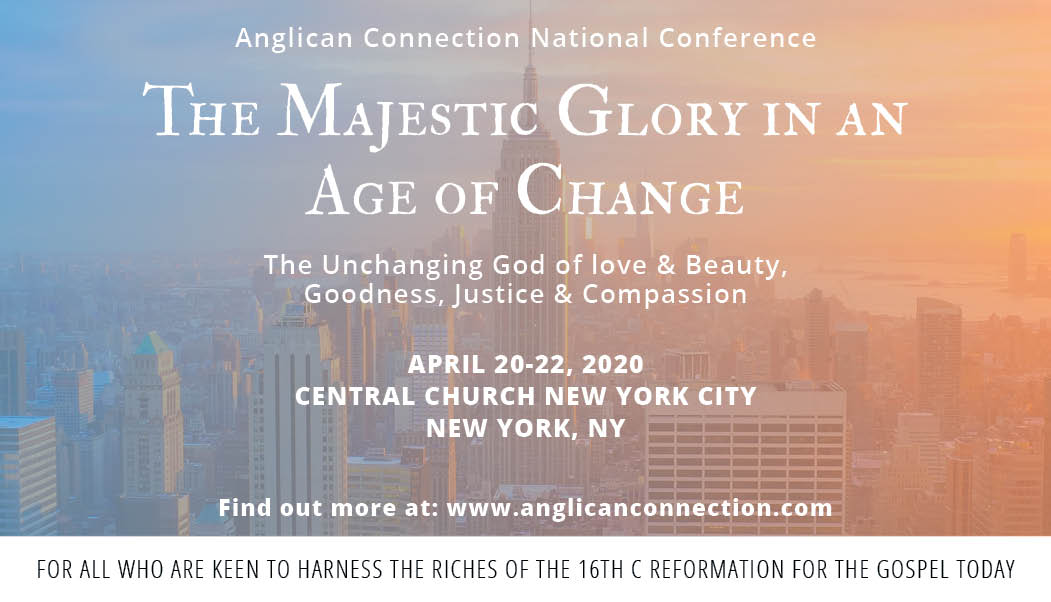
‘Christmas…’ Coffee Suggestion #2
What do most people like about Christmas? The lights, the food, time off work, getting together with friends and family, the carols? But how many are thinking, ‘We know it isn’t true’!
Having touched on questions of the authenticity of the New Testament over a first coffee conversation and having encouraged your friend(s) to read Luke chapters 1-3, you might ask if they have any questions before focusing on the first section of Luke 2.
Like a good newspaper reporter or historian, Luke identifies his narrative in the context of contemporary events – when Augustus was Emperor. It was the time when Augustus had ordered a census to be taken, when Quirinius was governor of Syria.
In Luke 2:1ff we read: In those days a decree went out from Emperor Augustus that all the world should be registered. This was the first registration and was taken while Quirinius was governor of Syria. All went to their own towns to be registered.
Here we encounter a problem. Mary gave birth to her baby during the reign of Herod the Great (Matthew 2:1). Herod died in 4BC and the Roman historian Josephus, tells us that Quirinius conducted a census in AD6 when he was governor of Syria.
That said, an inscription in Antioch indicates that Quirinius was a senior military official in the previous decade. Dr. Earle Ellis says Quirinius was ‘virtually the Emperor’s viceroy’ (Luke: 1974, p.80). And significantly, Luke doesn’t use the normal word for governor to describe Quirinius’s office.
It may be some time before we completely grasp all the details of Luke’s account, but we can say that when Quirinius was Augustus’s viceroy in Syria – which he was for many years – he commenced a census registration process requiring everyone to return to their family home. And that is what Joseph did, as we read in Luke 2:5.
All this is important. We learn why Joseph and Mary had to travel some eighty miles from the region of Galilee in the north to Bethlehem in the south. That the birth occurred in Bethlehem is also highly significant. About a millennium before Jesus was born, David, Israel’s great king had also been born there, and Samuel, one of Israel’s great prophets, had spoken of the way God would raise up a descendant of David to be the greatest of all kings. Micah, another prophet, had predicted that this king would be born in Bethlehem (Micah 5:2).
Augustus’s decision to require a census of all the world (2:1) had brought about a conjunction of events that resulted in the fulfillment of God’s promises. God works out his purposes in the course of human affairs: God’s king, the Messiah, would be born in Bethlehem.
In Luke 2:6b, 7 we read: …The time came for her (Mary) to deliver her child. And she gave birth to her firstborn son and wrapped him in bands of cloth, and laid him in a manger, because there was no place for them in the inn.
The birth of Jesus took place in humble circumstances. There is irony here. The title Augustus that Caesar Octavian had taken to himself, signified greatness and divinity. Jesus’ birth seemed insignificant. How could Mary’s baby be the long-promised Messiah? Yet the angel had told Mary that her baby would one day be far greater than any emperor or monarch, president or ruler (Luke 1:32f).
Consider the angel’s words to the shepherds: “Be not afraid, for behold, I bring you good news of a great joy which will come to all the people; for to you is born this day in the town of David a Saviour; he is Christ the Lord” (Luke 2:10f).
Can it be true? The world doesn’t seem to be getting any better. Was the announcement that Jesus is the Savior, the Christ, just another false hope? GK Chesterton once remarked, ‘Truth must necessarily be stranger than fiction; for fiction is the creation of the human mind and therefore congenial to it’.
Jesus’ biographers, Matthew, Mark, Luke, and John, are agreed: Jesus consistently displayed the kind of authority we would expect of God’s king. With a word, he healed the sick, the lepers and the paralyzed. He overcame the powers of evil and declared forgiveness of sins. He even raised the dead. No matter what was thrown at him, he showed he was in control.
But while he clearly wielded the kind of power that could have smashed the might of Rome, he didn’t do that. He so gave himself for others that his feet and hands were bloodied as they were nailed to a cross. And he tells us he did this for us.
Throughout his public life, he made it clear that what men and women needed was not a lawmaker or a social worker. We all need someone who can deal with our deepest problem: our broken relationships – broken relationships with God and with one another. He knew there was only one remedy: a cross where a sacrifice to address our broken relationships would be made once and for all. The cross of Jesus is the only way our relationship with God, and in turn with one another, can be restored – and so bring us peace.
No wonder the angels sang that night: “Glory to God in the highest, and on earth, ‘shalom’, ‘peace’.
Significantly, the shepherds didn’t sit around asking if they were dreaming or debating the possibility of miracles. Rather, they went to investigate: “Let’s go and see this baby for ourselves,” they said (Luke 2:15).
Their response sets a challenge for us. We weren’t there that night, but we do have the record of eyewitnesses. Like the shepherds, we need to be assured that the baby is the Christ, our Savior. It means carrying out our own investigation and encouraging our family and friends to do the same.
It is only when we turn to Jesus with changed minds and hearts that we can truly sing, Joy to the world, the Lord has come…!
You might want to encourage your friend(s) to reflect on these matters and to read Luke chapters 4-6 in preparation for a further conversation over coffee.

